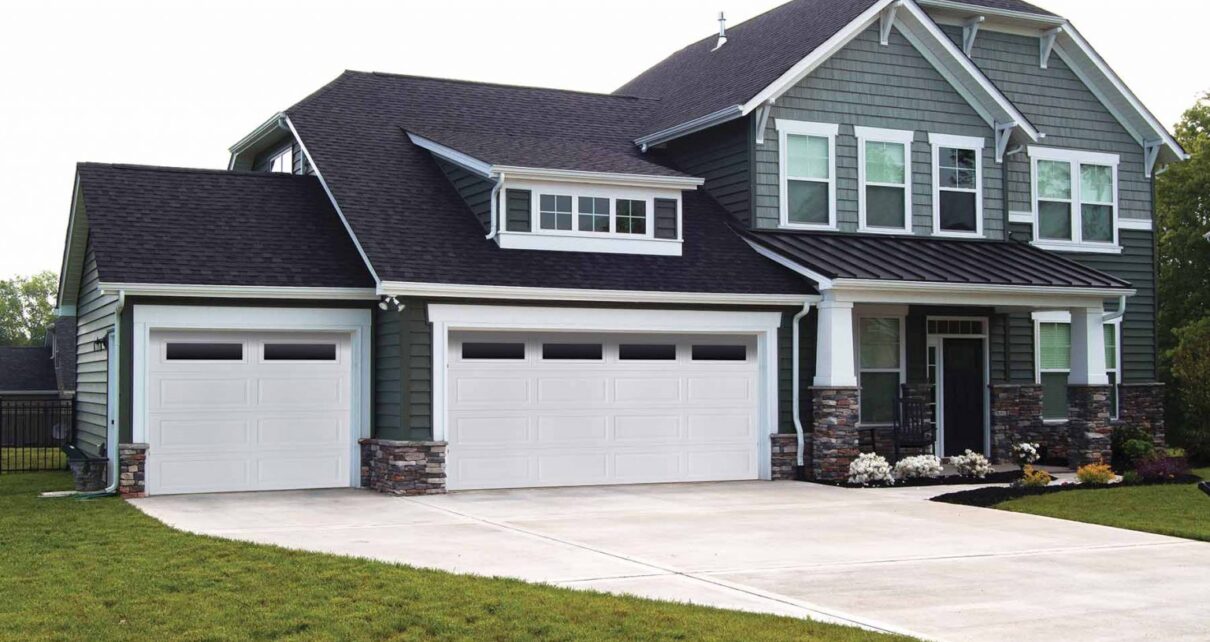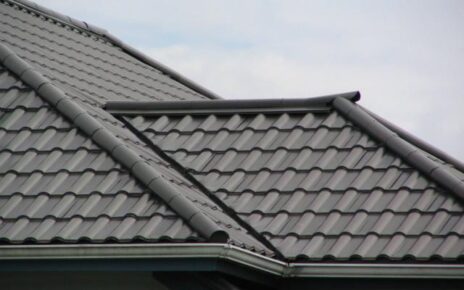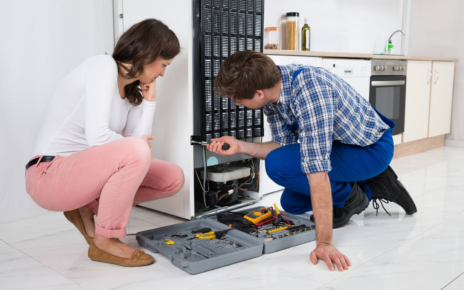Garage doors are an integral part of any home, providing security, convenience, and curb appeal. However, like any mechanical system, they are susceptible to wear and tear over time. When faced with a malfunctioning garage door, timely repair becomes paramount to maintain functionality and safety. In this comprehensive guide, we delve into the intricacies of garage door repair, offering insights and solutions to address common issues.
Understanding Garage Door Components
Before delving into repair procedures, it’s essential to understand the various components that make up a garage door system:
- Door Panels: The main sections of the door that move up and down on tracks.
- Springs: Torsion or extension springs that counterbalance the weight of the door.
- Tracks and Rollers: Guide the door along its path as it opens and closes.
- Opener: The motorized mechanism responsible for lifting and lowering the door.
- Sensors: Ensure safety by detecting obstructions in the door’s path.
Common Garage Door Issues
- Broken Springs: Springs are under immense tension and can break over time, leading to difficulty in opening the door.
- Misaligned Tracks: If the tracks are not properly aligned, the door may bind or become stuck during operation.
- Worn Rollers: Rollers can wear out, causing the door to operate noisily or unevenly.
- Faulty Opener: Issues with the garage door opener, such as motor failure or electrical problems, can render the door inoperable.
- Sensor Malfunction: Malfunctioning sensors can prevent the door from closing properly or cause it to reverse unexpectedly.
DIY vs. Professional Repair
While some garage door repairs can be tackled as DIY projects, others are best left to trained professionals. Here’s a breakdown:
- DIY Repairs: Basic maintenance tasks like lubricating moving parts, tightening loose hardware, and cleaning the tracks can often be performed by homeowners.
- Professional Services: For complex issues such as spring replacement, track realignment, or electrical repairs, it’s advisable to enlist the expertise of a licensed garage door technician.
Choosing the Right Garage Door Services
When selecting garage door services, consider the following factors:
Experience and Expertise: Look for companies with years of experience and a proven track record of successful repairs.
Reputation: Check online reviews and ask for referrals to ensure you’re hiring a reputable service provider.
Licensing and Insurance: Verify that the company is licensed and insured to protect yourself against liability.
Cost: While cost is important, prioritize quality and reliability over price to avoid recurring issues.
Preventive Maintenance Tips
To prolong the lifespan of your garage door and minimize the need for repairs, follow these preventive maintenance tips:
- Regular Inspection: Perform visual inspections of your garage door system, checking for signs of wear and damage.
- Lubrication: Keep moving parts well-lubricated to reduce friction and wear.
- Tighten Hardware: Periodically tighten loose bolts and screws to keep the door stable and secure.
- Balance Adjustment: Test the balance of your garage door regularly and adjust the springs if necessary.
- Professional Tune-Ups: Schedule annual maintenance visits from a qualified technician to identify and address potential issues before they escalate.
Conclusion
A well-maintained garage door is essential for the security, functionality, and aesthetics of your home. By understanding the common issues that can arise and taking proactive measures to address them, you can ensure that your garage door operates smoothly for years to come. Whether tackling minor repairs yourself or entrusting more complex issues to professionals, prioritizing the maintenance of your garage door is an investment in the safety and convenience of your home.
Remember, when in doubt, seek the assistance of qualified garage door services to ensure the job is done right the first time.





